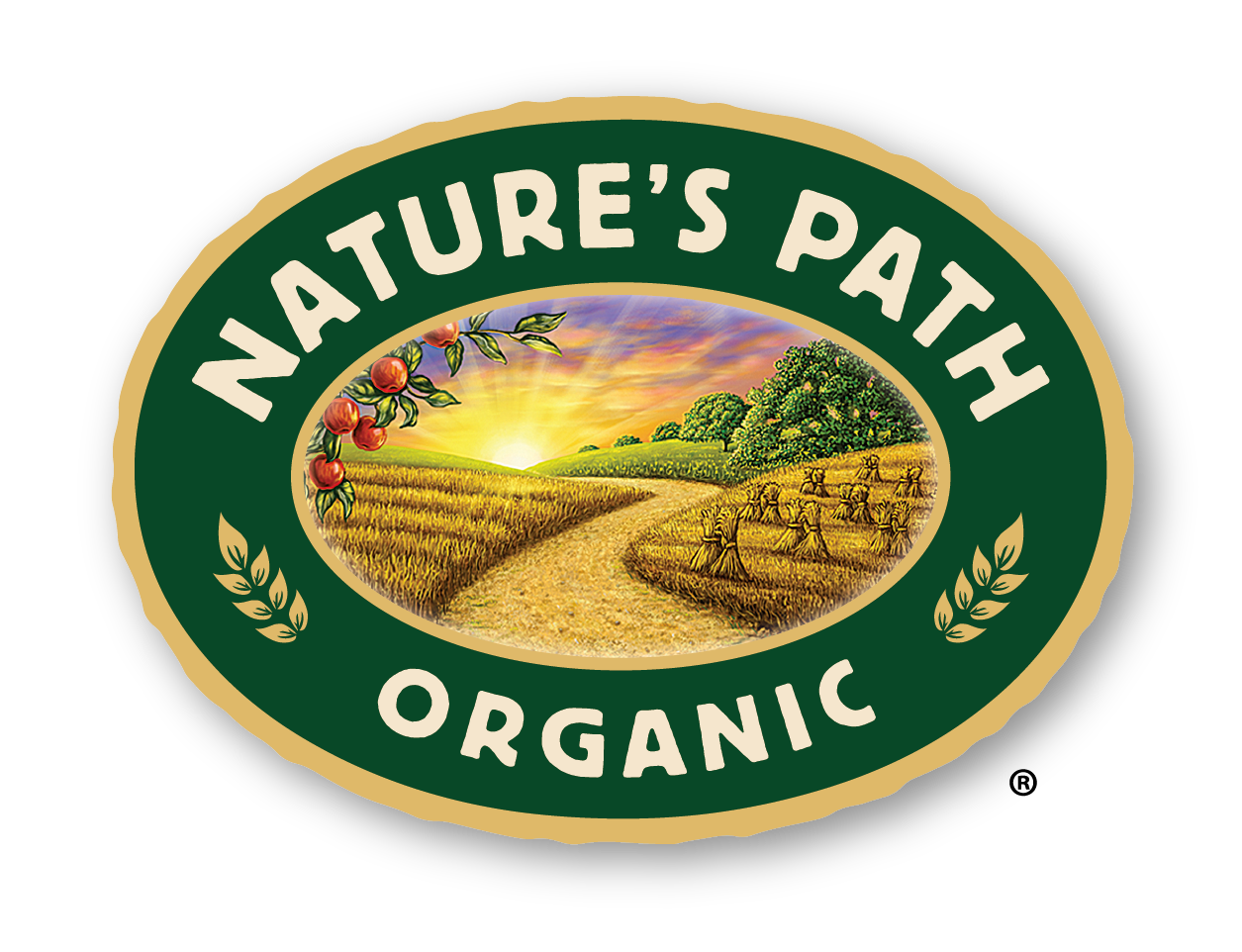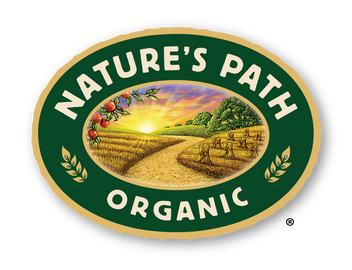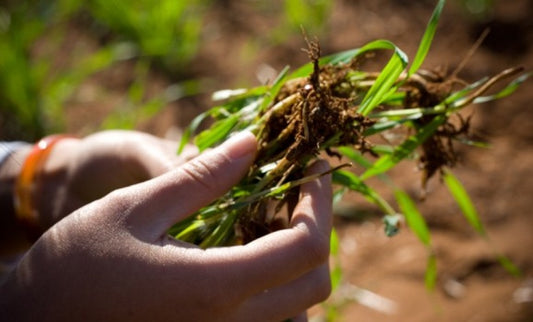
PLANT-BASED DIET
Did you know eating a plant based diet uses only ½ the carbon footprint per day as a carnivorous diet? A vegetarian diet also uses 2 ½ times less the amount of land needed to grow food. According to a report by the United Nations, raising animals for food generates more greenhouse gas emissions than all the cars and trucks in the world. The entire world. Let’s think about that for a minute. Taking it a step further, researchers at the University of Oxford recently found that cutting both meat and dairy can reduce your carbon footprint by 73%.
CHOOSE ORGANIC
Organically grown crops require less greenhouse emissions then their conventionally grown counterparts. Fruits, veggies, and grains grown organically use fewer resources such as fertilizer, and soil from organic farms sequesters more carbon from the air, also reducing their carbon footprint.
EAT LOCAL AND SEASONAL FOOD
Eating locally not only helps the farmers and businesses in your community but also saves production and transportation costs rendering a major impact on climate change. Eating in season also helps cut greenhouse emissions by allowing more efficient delivery routes and saving storage labor and emissions.
GARDEN
If you love to garden this is the perfect excuse! Growing your own garden can help provide you with your own organic produce and boost the nutrient content of your soil. There will also be a boost in your surrounding air quality. Converting your lawn, even in part, to a garden can help climate change. Just a 13% conversion of your yard space into a viable garden can save over 1 million metric tons of carbon emissions a year.
COMPOST FOOD WASTE
Did you know almost 20% of all US methane/greenhouse gas emissions comes from food waste just rotting away in landfills? Saving your scraps and composting them in your garden helps utilize your food waste, provides organic nourishment for your soil thus enriching it, and cuts fertilizer travel and production costs. You can start easily by keeping a compost bin in your kitchen!








